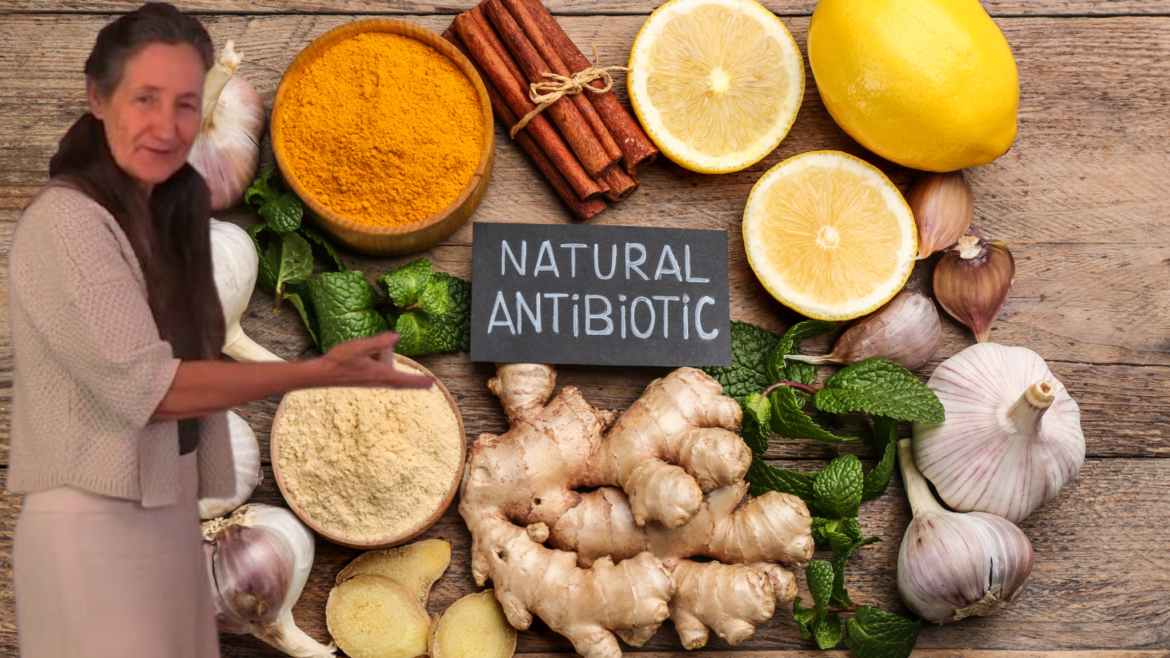In an era where antibiotic resistance is a growing global concern, many people are turning to natural alternatives to support their health. Traditional antibiotics, while effective, can sometimes disrupt the body’s delicate microbiome and contribute to the development of resistant bacteria. Natural antibiotics offer a promising alternative, providing potent antimicrobial properties without the same risks associated with prescription medications.
What are Natural Antibiotics?
Natural antibiotics are substances derived from plants, herbs, and other natural sources that possess the ability to fight bacterial, viral, and fungal infections. Unlike synthetic antibiotics, these remedies work by supporting the body’s immune system and directly targeting harmful microorganisms. They have been used for thousands of years in traditional medicine practices across various cultures.
The mechanisms of natural antibiotics are diverse and complex. Many contain compounds that can:
- Disrupt bacterial cell walls
- Inhibit bacterial reproduction
- Boost the body’s immune response
- Reduce inflammation
Top Natural Antibiotics
Garlic: Nature’s Powerful Antibiotic
Garlic is perhaps one of the most well-known natural antibiotics. Its primary active compound, allicin, has been scientifically proven to have potent antimicrobial properties. Research has shown that garlic can effectively combat various strains of bacteria, including some that are resistant to traditional antibiotics.
Honey: More Than Just a Sweet Treat
Raw, unprocessed honey is a remarkable natural antibiotic. Its high sugar content, low pH, and hydrogen peroxide production create an environment that is hostile to bacteria. Manuka honey, in particular, has been extensively studied for its powerful wound-healing and antimicrobial properties.
Apple Cider Vinegar: A Versatile Remedy
With its high acetic acid content, apple cider vinegar can help kill harmful bacteria and support overall immune function. It has been traditionally used to treat various infections and support digestive health.
Echinacea: The Immune System Enhancer
This herb is renowned for its ability to stimulate the immune system and help the body fight off infections. Studies suggest that echinacea can reduce the duration and severity of common colds and respiratory infections.
How to Use Natural Antibiotics Safely
While natural antibiotics can be powerful, it’s crucial to use them responsibly. Here are some key guidelines:
- Always consult with a healthcare professional before starting any new treatment
- Start with small doses and monitor your body’s response
- Do not use natural antibiotics as a complete replacement for prescription medications
- Be aware of potential allergies or interactions with other medications
Benefits and Potential Risks
Natural antibiotics offer several advantages, including:
- Fewer side effects compared to synthetic antibiotics
- Support for overall immune system health
- Potential to combat antibiotic-resistant bacteria
- More holistic approach to healing
However, they are not without risks. Some individuals may experience allergic reactions, and natural antibiotics should not be used as a sole treatment for serious infections.
Conclusion
Natural antibiotics provide a promising complementary approach to traditional medicine. By understanding their properties, benefits, and limitations, individuals can make informed decisions about incorporating these remedies into their health routine. Always prioritize professional medical advice and view natural antibiotics as part of a comprehensive approach to wellness.
Frequently Asked Questions
Q: Are natural antibiotics as effective as prescription antibiotics?
A: While natural antibiotics can be powerful, they are not always as potent as prescription medications for serious infections. They work best as a preventative measure or for minor ailments.
Q: Can I use natural antibiotics with prescription medications?
A: Always consult your healthcare provider before combining treatments to avoid potential interactions.
Q: How quickly do natural antibiotics work?
A: The effectiveness varies depending on the specific remedy and the condition being treated. Some may provide quick relief, while others might require consistent use.






